IPTV Technology Explained: How It Streams Content to Your Devices
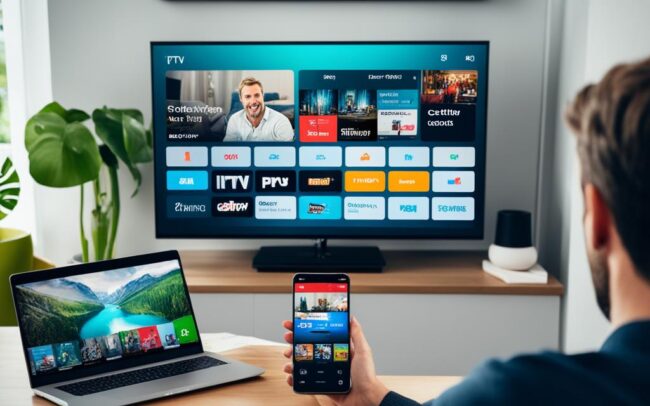
Source: gptprotv.com
IPTV technology is changing the way we experience entertainment. It offers a different way to stream TV channels, movies, and series on various devices. Instead of relying on traditional satellite or cable methods, IPTV works through internet connections, allowing users to access a vast library of programs at any time.
The rise of IPTV marks a major shift in how content reaches homes worldwide, giving users flexibility, convenience, and better picture quality.
Key Points:
- IPTV uses the internet to stream content.
- It offers access to thousands of TV channels and movies.
- Flexibility and convenience are major benefits.
- It allows streaming across multiple devices.
How IPTV Works
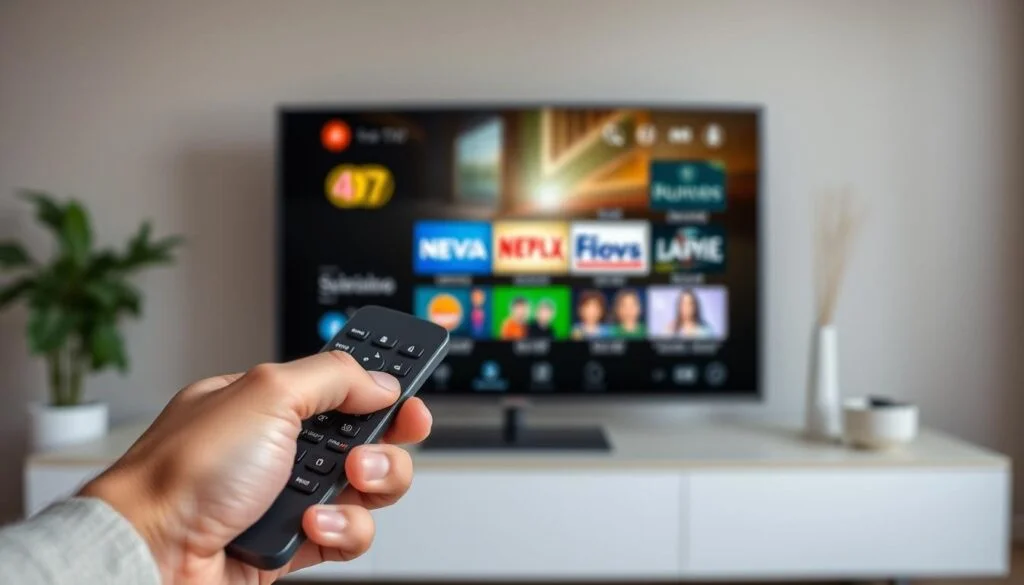
IPTV stands for Internet Protocol Television. Instead of using satellite or cable, IPTV delivers TV channels and other media through the internet. It uses your internet connection to send the TV signal directly to your device. This means you need a stable internet connection for the best experience. You can watch on any internet-connected device, whether it’s a TV, smartphone, tablet, or laptop.
IPTV is not just a simple streaming service. It relies on a dedicated IP network to deliver high-quality media without interruptions. This is different from regular streaming services like Netflix because IPTV allows access to live channels, just like traditional cable or satellite TV. It feels like regular TV but operates on a more advanced platform.
Advantages of IPTV
One of the key benefits of IPTV is its flexibility. You can watch your favorite shows or movies whenever you want. There is no need to wait for specific broadcasting schedules. Another big advantage is the ability to pause, rewind, or fast-forward live TV, which isn’t possible with traditional TV.
Services like Sverige IPTV offer extensive content libraries with over 20,000 channels and 45,000 movies and series. The service guarantees high-quality viewing with options for 4K resolution, allowing users to enjoy clear images and smooth playback. Uptime of 99.9% ensures that interruptions are rare, making it a reliable option for users worldwide.
IPTV Streaming Formats

IPTV content comes in several different formats. Some of the most common are live TV, video-on-demand (VOD), and time-shifted media. Live TV works just like traditional broadcast TV but uses the internet. Video-on-demand lets users select any program from a large content library. Time-shifted media allows users to watch previously aired programs.
The format you use depends on what kind of experience you want. If you prefer watching live broadcasts, then IPTV will give you all the regular TV shows, live events, and news you expect. For movie lovers or binge-watchers, video-on-demand provides access to thousands of movies and series without the need to schedule specific times.
What Devices Can Use IPTV?
One of the major strengths of IPTV is its ability to work on multiple devices. Whether you have a smart TV, a tablet, or a laptop, you can stream directly to your screen. Mobile devices also support IPTV, which means you can watch your favorite shows on the go. The only real requirement is a reliable internet connection.
With IPTV, you don’t need additional equipment like satellite dishes or cable boxes. Instead, all you need is an internet-enabled device and the necessary app or software to stream the media. This makes it very convenient for users who want to watch TV without any extra hardware setup.
IPTV vs Traditional TV
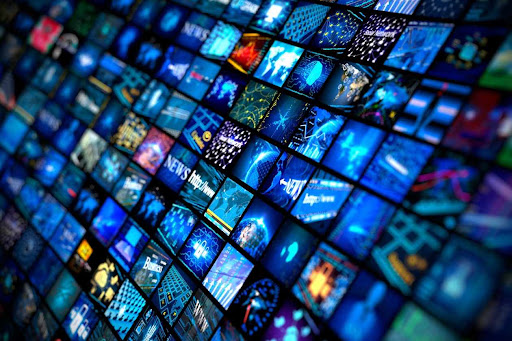
IPTV offers a more modern experience compared to traditional TV methods. The ability to control when and how you watch is a big plus. Traditional cable and satellite systems depend on a preset schedule. You can’t skip ahead or rewind on live broadcasts. IPTV changes that. You can access a full range of channels and on-demand programs at any time, giving you full control over your viewing experience.
Traditional TV is often limited by geographic restrictions, but IPTV bypasses this barrier by using the internet to broadcast content. This means users have access to programs from around the world, all in one place.
Is IPTV Legal?
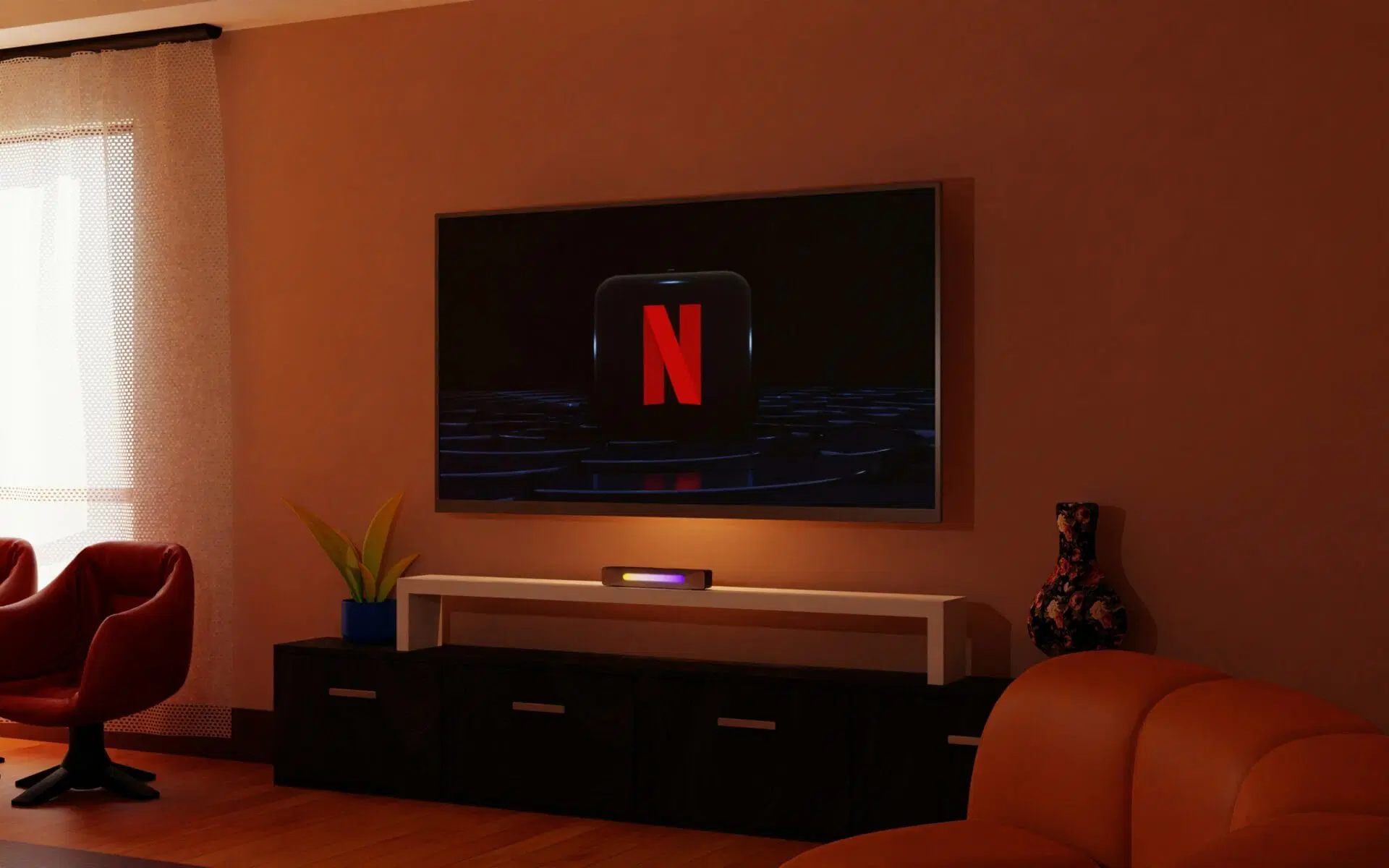
One common concern with IPTV is its legality. The legality of IPTV depends on the provider. Some services offer licensed content and are completely legal. Others, which may stream unlicensed or pirated content, are illegal. Always check with your provider to make sure they have the necessary licenses to stream the channels and programs they offer.
Conclusion
IPTV brings a lot of benefits to those seeking a flexible way to watch TV. It gives access to a broad range of channels and on-demand programs, all without the need for traditional satellite or cable connections. Whether you enjoy live TV or prefer binge-watching your favorite series, IPTV offers a solution that can fit your lifestyle. It’s all about the convenience and control over how you watch.
Make sure to explore your options carefully when selecting a service. Look for quality, reliability, and a wide range of content. When done right, IPTV can transform your TV-watching experience into something more dynamic and enjoyable.

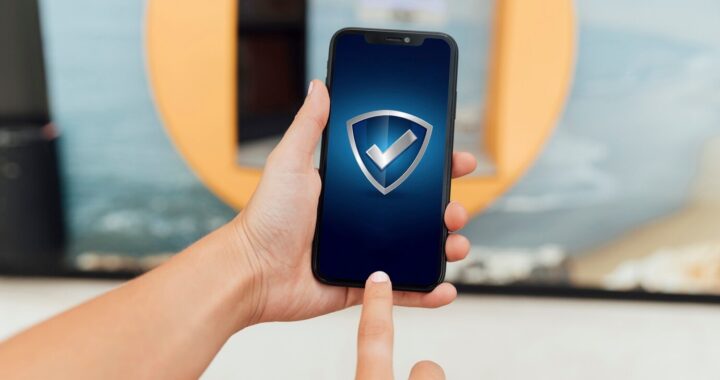 iPhone and VPNs: Why You Need One and How to Choose the Best
iPhone and VPNs: Why You Need One and How to Choose the Best  Microsoft Ink: Revolutionizing Digital Writing and Drawing
Microsoft Ink: Revolutionizing Digital Writing and Drawing  What to do when you lose your Phone while Traveling
What to do when you lose your Phone while Traveling  Top 6 Technologies Revolutionizing the Global Hospitality Industry
Top 6 Technologies Revolutionizing the Global Hospitality Industry  Why Online Casinos Have Become a Go-To for Travelers
Why Online Casinos Have Become a Go-To for Travelers  Family Villa Holidays in Corfu: What Actually Matters for a Stress Free Stay
Family Villa Holidays in Corfu: What Actually Matters for a Stress Free Stay  Finding Solitude in the Wild Remote Camping in Undiscovered Gems Across 7 US States
Finding Solitude in the Wild Remote Camping in Undiscovered Gems Across 7 US States  Best Things To Do In Cyprus – Beaches, Nature, Boat Trips, Food, Culture, And Family Activities
Best Things To Do In Cyprus – Beaches, Nature, Boat Trips, Food, Culture, And Family Activities